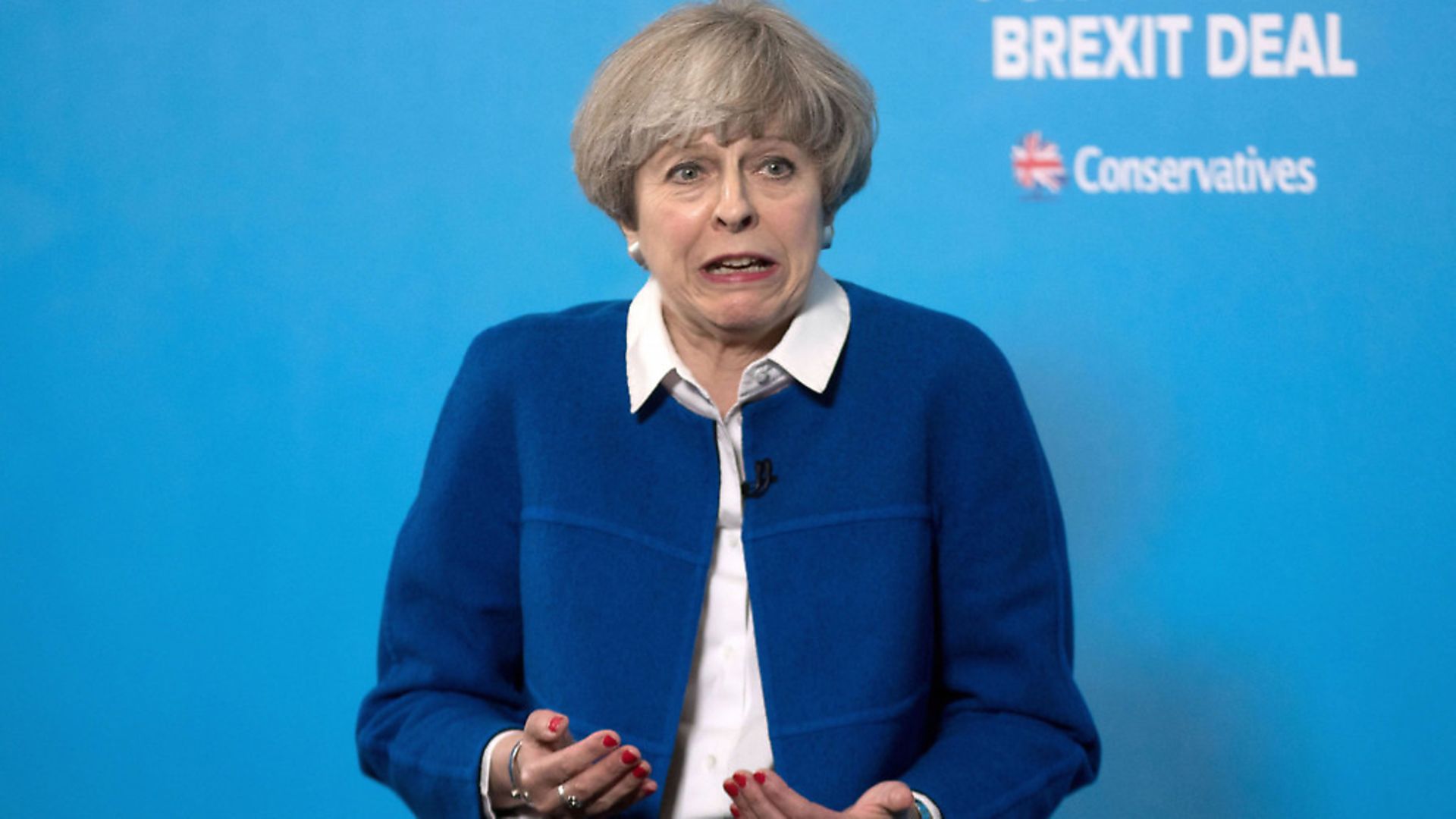
There could be more frustration in store for Brenda from Bristol in 2018 with the possibility of another snap general election against the background of turmoil of Brexit.
"NOT ANOTHER ONE!"
— Jon Kay (@jonkay01) April 18, 2017
Watch Brenda's reaction when I tell her that the PM wants a General Election. Safe to say, she's not impressed.#Bristol pic.twitter.com/IYEdGBryyZ
Brenda was the pensioner who became a viral sensation on social media with her exasperated reaction to Theresa May’s announcement of a snap general election in 2017.
With a set of English local elections already scheduled as usual for May 3 (although fortunately for Brenda, not in Bristol), the prospect of yet another general election is likely to be viewed with similar dismay by many voters.
Fatigue at the ballot box would not be surprising, given that more polls than usual have taken place in recent years during a period of exceptional political volatility.
With the Conservatives having to depend on a ‘confidence and supply’ parliamentary arrangement with the DUP to stay in power, many observers believe another general election could take place in 2018, long before the due date of the next one in 2022.
Labour under Jeremy Corbyn were given a boost with a net gain of 32 seats at the snap general election in June but the party still faces a significant challenge to win an outright Commons majority.
Whereas Conservatives would need a small uniform swing across Britain of just 0.24% to win a majority, Labour would need a uniform swing of 3.57%.
Uniform swings of that or greater magnitude have been recorded at only five of the 19 general elections since 1950.
If an early general election does not materialise in the first part of 2018, attention will focus on the council and mayoral elections on May 3 as the first major test at the ballot box for the main parties in England since the June general election.
The May polls cover 151 councils including the 32 London boroughs, as well as mayoral contests at five or more authorities.
All-up elections are taking place in the capital and several major cities including Birmingham, Leeds, Manchester and Newcastle-upon-Tyne.
Most of the council seats up this time were contested last in 2014, when the BBC’s projections gave Labour the highest vote share at 31%, Conservatives 29%, Ukip 18%, and Liberal Democrats 13%.
Those local elections coincided with European Parliament elections where Ukip topped the poll.
But Ukip’s fortunes have waned since the vote in favour of Brexit at the EU referendum in June 2016.
At the general election a year later, the party secured 1.8% of the vote, down from 12.6% at the 2015 general election.
The relative performances of Conservatives and Labour at the May local elections will be key to forecasts for any subsequent general election.
Meanwhile, the political deadlock between the DUP and Sinn Fein which prompted a snap Northern Ireland Assembly election in March has remained unresolved despite lengthy negotiations.
Another snap Assembly poll is feasible in 2018 although currently regarded as unlikely.









